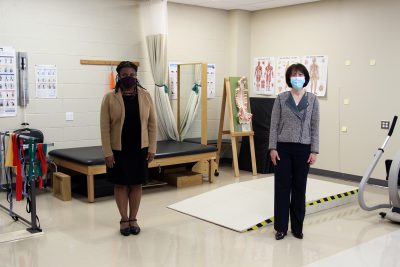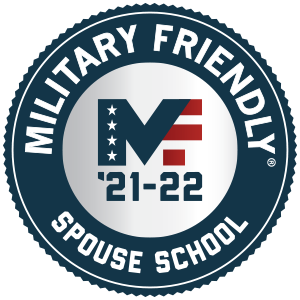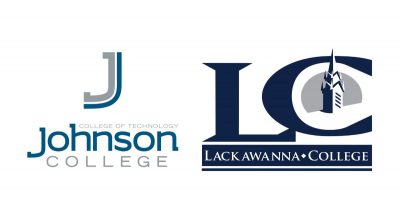Johnson College has been awarded a $75,000 grant from the Moses Taylor Foundation. This grant, which will be disbursed over a three-year performance period, will support the Foundation and College’s goal to address the critical growing need for health care professionals by promoting opportunities for careers in health care and training for traditional and non-traditional students.
Using a motorhome shell customized to demonstrate various health care training modalities, Johnson College plans to give potential students a hands-on experience to see and feel what it would be like to work in a health care environment. In addition to the hands-on encounter, Johnson College staff will be available to answer questions and help potential students resolve or eliminate common barriers to educational access.
With this new program, Johnson College will be able to show participants that there is a path to meet their needs. Johnson College offers pathways to healthcare careers with associate degree programs such as physical therapist assistant, radiologic technology, and biomedical equipment technology as well as continuing education programs like certified nursing assistant and medical billing and coding.
With the focus on engaging non-traditional students, Johnson College will broaden opportunities for students who represent diverse age, economic, educational, and cultural backgrounds. These potential students include displaced workers due to COVID-19, non-English speaking individuals, those who want/need to return to the workforce post-retirement or family, and those seeking a new career path.
“This project illustrates exactly what we do so well here at Johnson College. We think of innovative and new ways to provide people with the education and job training that they need to obtain a family-sustaining career,” said Dr. Katie Pittelli, President & CEO of Johnson College. “With this mobile lab, we will be able to demonstrate to people in the region that a career in health care is attainable and give them a taste of what hands-on education at Johnson College is like.”
Photo Caption: Johnson College has been awarded a $75,000 grant from the Moses Taylor Foundation which will support the Foundation and College’s goal to address the critical growing need for health care professionals by promoting opportunities for careers in health care and training for traditional and non-traditional students. Left to right: LaTida Smith, President & CEO of Moses Taylor Foundation, and Dr. Katie Pittelli, President & CEO of Johnson College.









